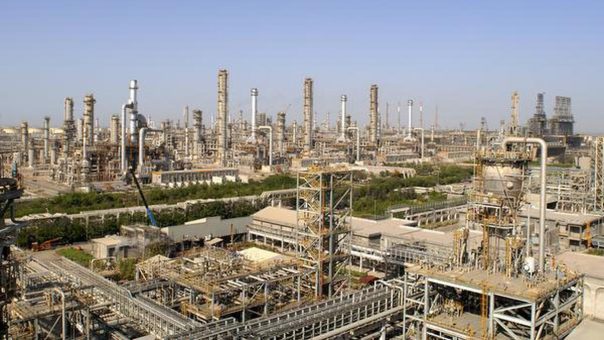Nigeria crude oil production which generates the bulk of the country’s government revenue is up to 2.0 million barrels per day, which is the highest level in over a year, according to the statistics bureau. While growth rate in the non-oil sector was a meager 0.8 percent despite slowing inflation and higher oil prices, surprising analysts who predicted stronger growth.
Nigeria’s economy grew slower than expected in the first quarter, official statistics showed Monday, with an expansion in oil production offset by a sputtering non-oil sector according to Vanguard. The economy grew by 1.9 percent year-on-year in the three months to March, compared with growth of 2.1 percent in the fourth quarter of 2017, said Nigeria’s National Bureau of Statistics.
“It’s a bit of a depressing result,” said John Ashbourne of London-based Capital Economics to AFP. “Consumer spending is incredibly weak. Nigerian consumers are holding back either because incomes have fallen more than we thought or because people are worried about the future,” Ashbourne said.
Nigeria’s President Muhammadu Buhari has worked to try and pivot the economy away from its dependence on oil, a Herculean task in a country that is overly reliant on the sector. Last week, Nigeria’s parliament passed a record 9.12-trillion-naira ($29.8-billion) budget designed to bump growth ahead of presidential polls in 2019 Vanguard cited.
On Tuesday, the central bank will announce its decision on interest rates, with lower inflation in recent months making room for a cut in borrowing costs. The bank has kept its key rate at 14 percent since 2016 in a bid to quell inflation and prop up the naira.
Nigeria’s outlook is still positive as the economy gains momentum after exiting its first recession in two decades last year. The economy is expected to get a boost from higher oil prices, lower inflation and implementation of the 2018 budget.
Source: Downstreamview








